In May, the price for a 1kg fresh pork belly in the Klang Valley was about USD 9.47, a 33% increase from USD 7.10 five years ago.
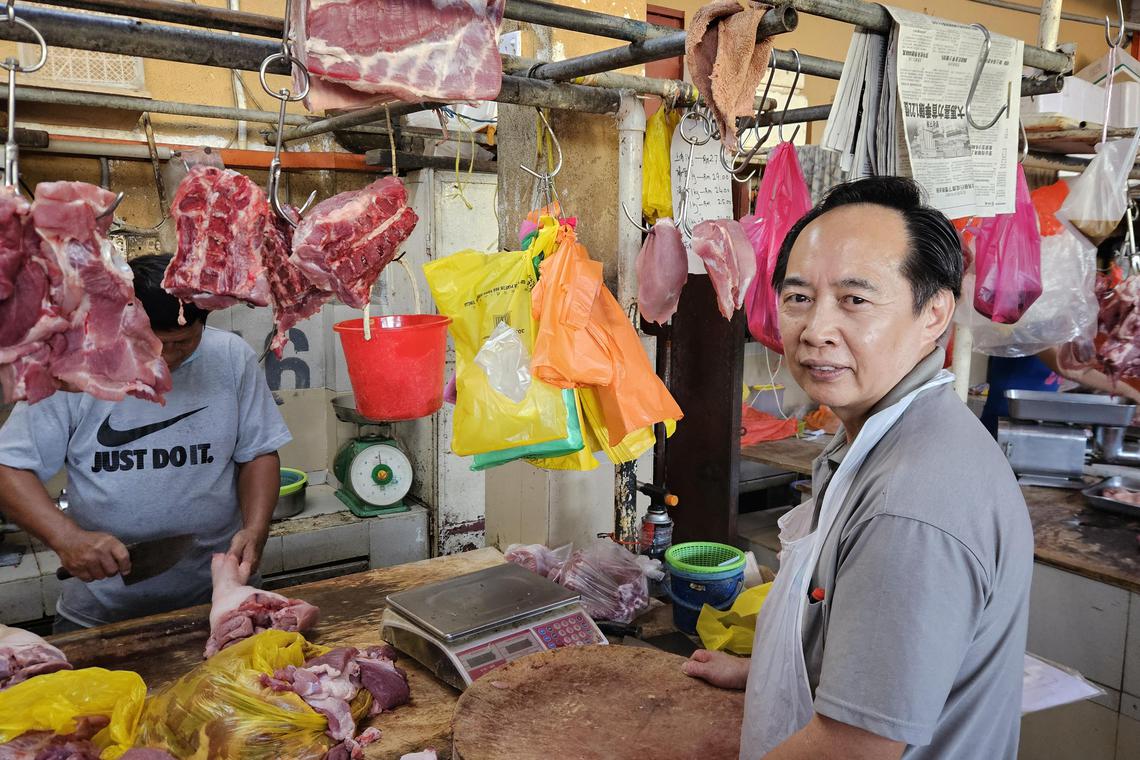
Malaysia’s Agriculture and Food Security Ministry has assessed measures to bring pork prices in the country under control. Pork prices have surged since the African swine fever (ASF) outbreak.
Pork imports must be audited and approved by DVS
Malaysia banned imports of pork products from six countries in 2019 following the ASF outbreak. Apart from Thailand, the other exporting countries were China, Poland, Belgium, Vietnam and Cambodia.
About the measure of allowing pork from Thailand to re-enter the Malaysian market, Agriculture and Food Security Minister Mohamad Sabu said the DVS has reassessed the ASF risk analysis.
“It is, however, contingent on the meat being audited and approved by the DVS and the need for imports,” he said.
Pork and live pig prices
According to a local report in May, the price for a 1kg fresh pork belly in the Klang Valley was about USD 9.47, a 33% increase from USD 7.10 five years ago.
A local media had previously reported that a live pig is currently priced at about USD 426 per 100kg, an increase from USD 308-331 per 100kg a year ago.
Prices surged after the ASF outbreak impacted livestock numbers, with thousands of pigs culled in Selangor and Melaka, and the number of pig farms dropping by 25% in Penang.
Misusing ASF movement permits
In another development, pig farmers and traders in Kampung Selamat in Penang, Malaysia, were cautioned against abusing Movement Permission Accounts (AKP) by transferring permits under different farms’ names, a measure aimed at controlling ASF.
Penang Veterinary Services Department (JPVPP) Director Saira Banu Mohamed Rejab said they are also prohibited from moving sick pigs or those confirmed positive for the disease in slaughterhouses.
“Such actions are not only against the law but also pose a high risk of spreading ASF infections to other farms and areas, as currently the infected pigs are under control, and we hope no further spread occurs. JPVPP has strengthened the enforcement and monitoring of slaughterhouses, while also conducting continuous surveillance to ensure that other farms remain ASF-free,” Dr Saira said.
She added that so far, four farms in Kampung Selamat have been confirmed positive for ASF, and 21 pig samples from slaughterhouses have also tested positive for ASF.
Investigations and sampling revealed that all farms linked to positive cases at slaughterhouses were negative at the farm level, except for one farm in Kampung Selamat.
However, Dr Saira said pigs confirmed positive at that farm did not show any symptoms or clinical signs of ASF, and the herd was quarantined for 14 days, with repeat tests returning negative results.
“Therefore, the number of ASF-positive farms remains at four, and so far, 351 pigs have died on the farms, while 1,709 pigs have been using carbon dioxide gas across the four ASF-positive farms,” she explained.
On July 12, three pig farms in Kampung Selamat were confirmed positive for ASF based on the laboratory results by the Northern Region Veterinary Laboratory, with two of them recording high mortality rates before another farm was confirmed infected on July 27.
Kampung Selamat has 63 pig farms with 120,000 pigs.
Subscribe now to the technical pig magazine
AUTHORS
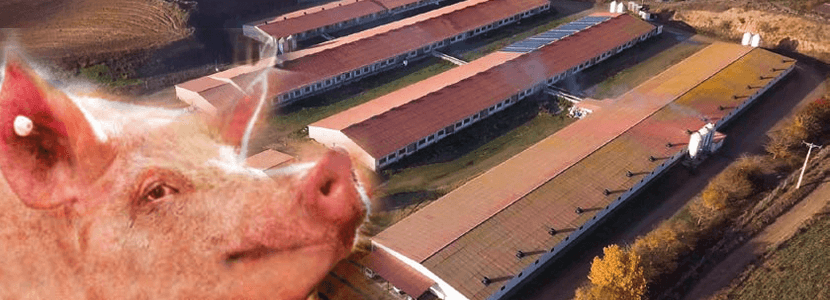
Bifet Gracia Farm & Nedap – Automated feeding in swine nurseries

The importance of Water on pig farms
Fernando Laguna Arán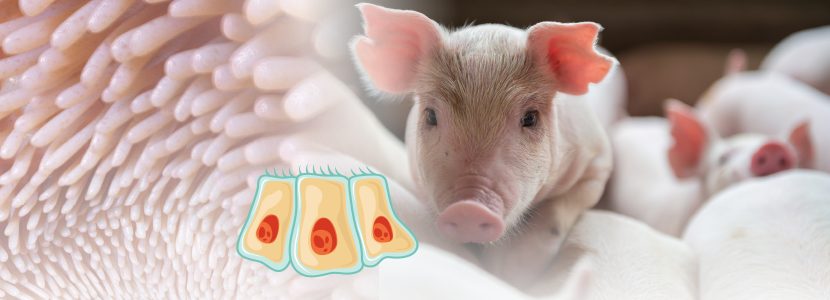
Microbiota & Intestinal Barrier Integrity – Keys to Piglet Health
Alberto Morillo Alujas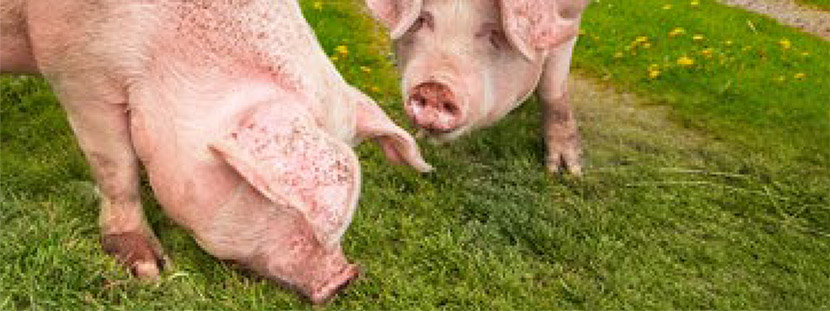
Impact of Reducing Antibiotic use, the Dutch experience
Ron Bergevoet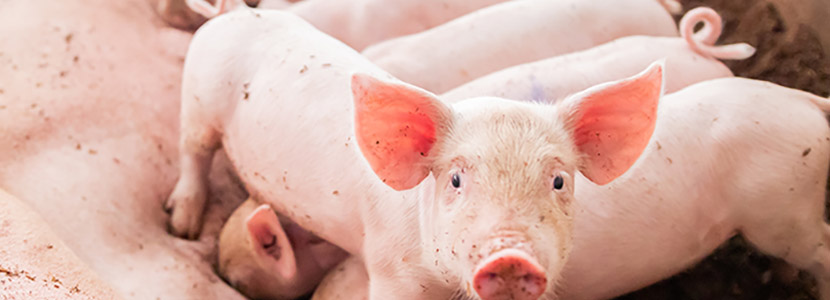
The keys to successful Lactation in hyperprolific sows
Mercedes Sebastián Lafuente
Addressing the challenge of Management in Transition
Víctor Fernández Segundo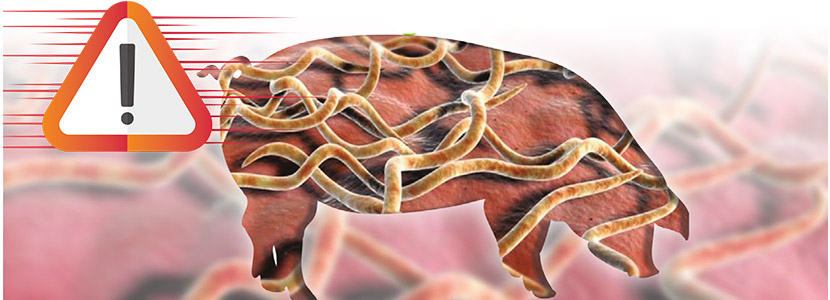
Dealing with the rise of Swine Dysentery
Roberto M. C. Guedes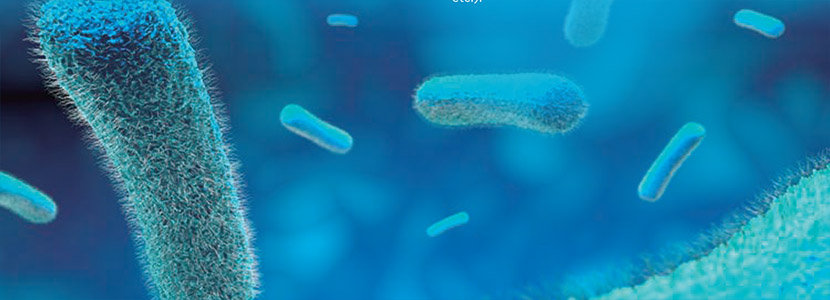
Actinobacillus pleuropneumoniae – What are we dealing with?
Marcelo Gottschalk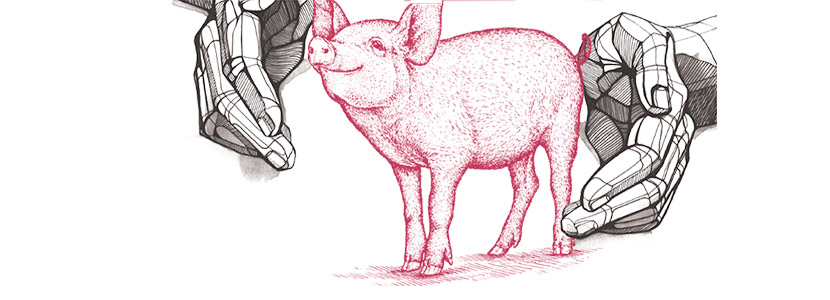
The new era of Animal Welfare in Pig Production – Are we ready?
Antonio Velarde
Gut health in piglets – What can we do to measure and improve it?
Alberto Morillo Alujas
Interview with Cristina Massot – Animal Health in Europe after April 2021
Cristina Massot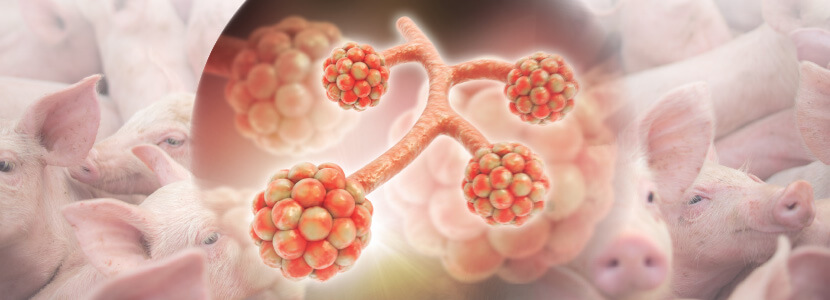
Differential diagnosis of respiratory processes in pigs
Desirée Martín Jurado Gema Chacón Pérez